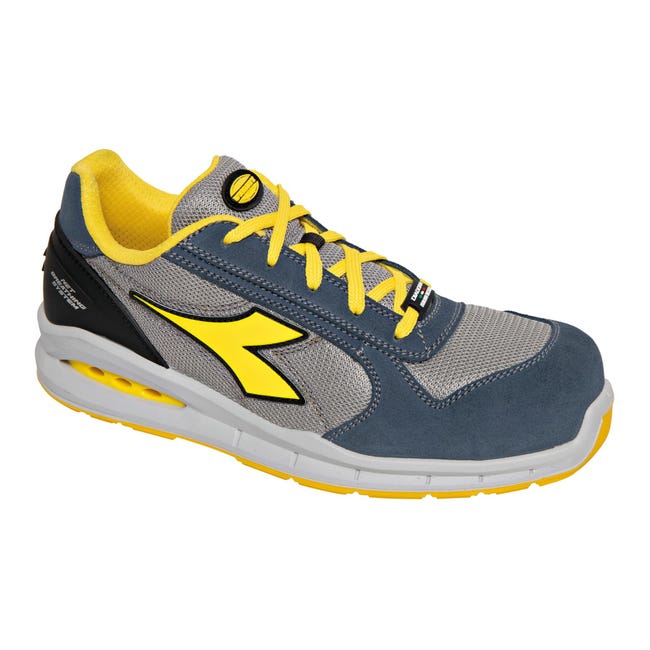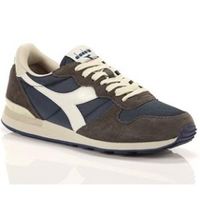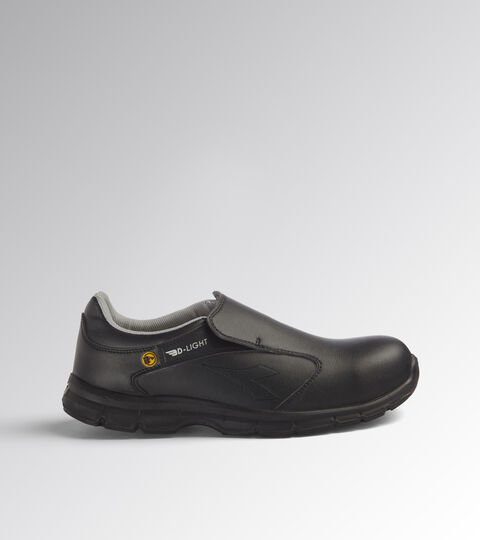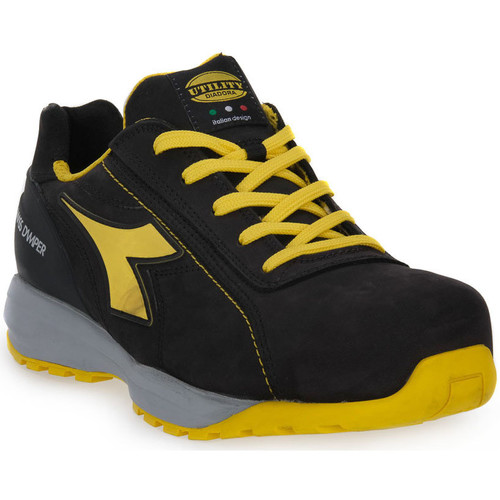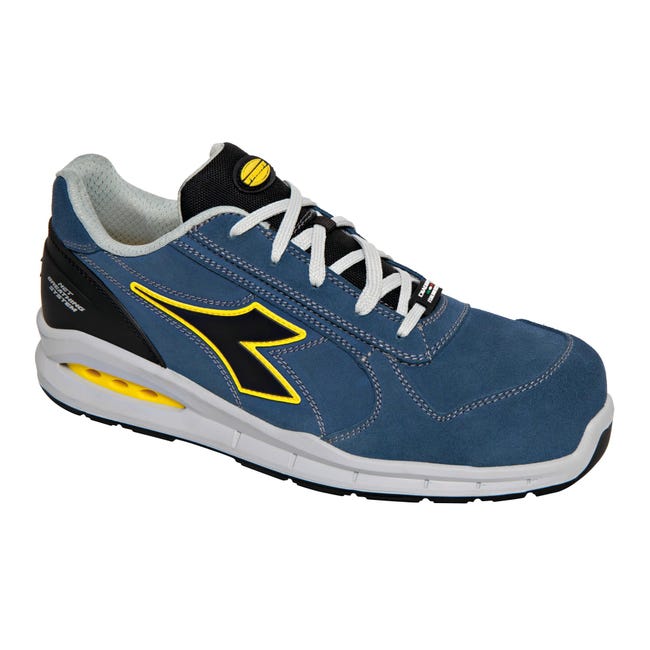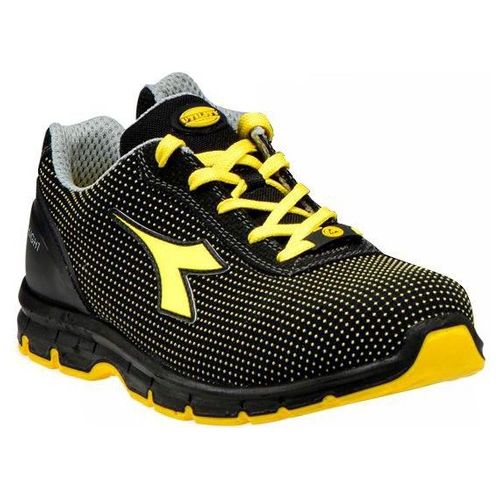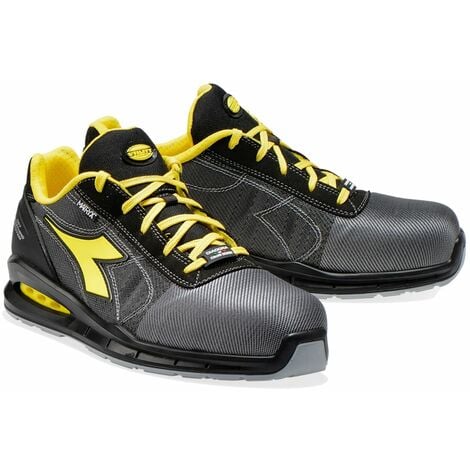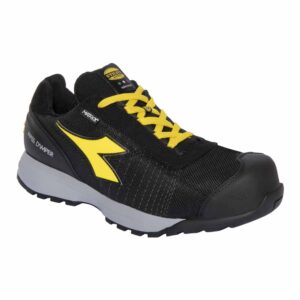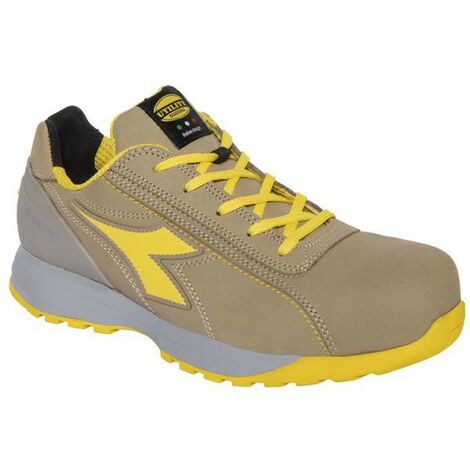
DIADORA UTILITY RUN NET AIRBOX LOW S3 SRC SCARPA SCARPE ANTINFORTUNISTICHE LAVOR | Utensili, Utensili elettrici, accessori e attrezzi meccanici ITALIA

Scarpe antinfortunistiche Diadora: modelli e prezzi | MigliorProdotto.net - Guide all'acquisto e recensioni

Diadora Scarpe Antinfortunistiche Diadora Run Net Airbox Low 176221 S3 SRC su RibertiShop.it | Scarpe Diadora Run Net AirBox |Scarpe Diadora Antinfortunistiche | Scarpe Geox Antinfortunistica

Utility Diadora - Scarpa da Lavoro Bassa Run Net AIRBOX Low S1P SRC per Uomo e Donna (EU 43), alluminio grigio vento : Amazon.it: Moda



